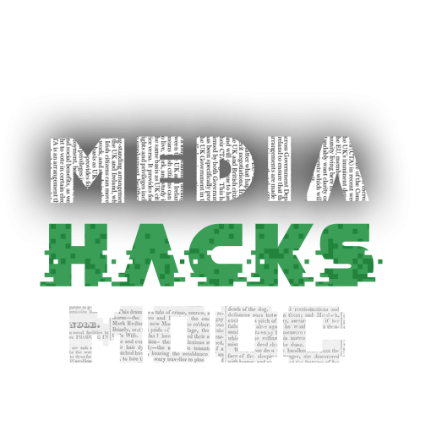
ABOUT US
MEDIA-HACKS aims to develop the media literacy skills of local communities by supporting citizens to become both producers of reliable media content and ethical consumers of content. The project team, working alongside local communities will build the skills of citizens to cope with the stresses and strains of society today by mitigating the impact of fake-news campaigns aimed at destabilising the status quo. Local communities in Ireland, Germany, Spain, Italy, Portugal, Poland and the Czech Republic will participate in local community audits, training workshops, and European exchanges building the media and information literacy skills.













